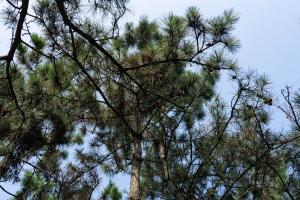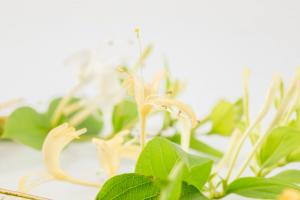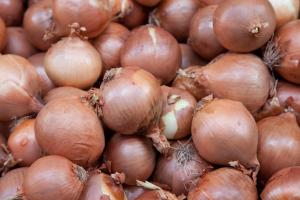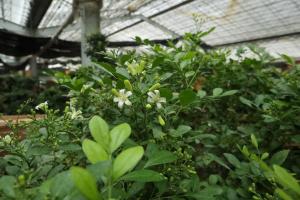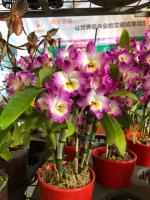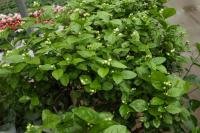1、 Curing method
1. Temperature: bottlegrass likes a warmer environment. The temperature for normal growth is 20 degrees to 32 degrees. It should not be too cold in winter, and the minimum temperature should be kept above 5 degrees, otherwise it will be easily frostbitten. Of course, the temperature should not be too high in summer, and it should be cooled when necessary
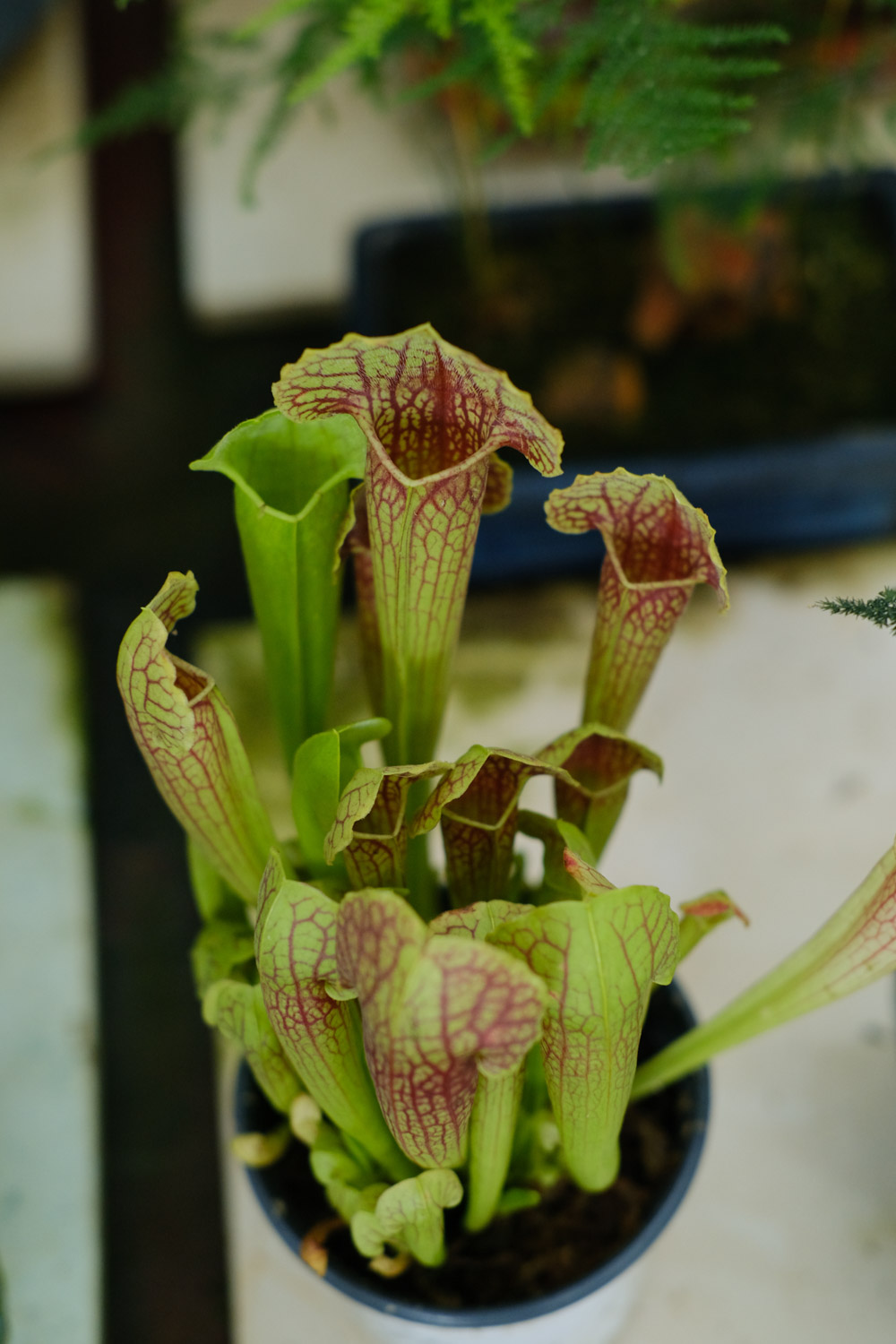
2. Watering: the basin soil should be kept moist and not too dry. At the same time, the air humidity should also meet the standard. In summer, an appropriate amount of rainwater can be used for irrigation, so that the growth speed will be faster. In winter, you don't need to water too much. When watering, you can't pour it into the bottle to prevent ulceration
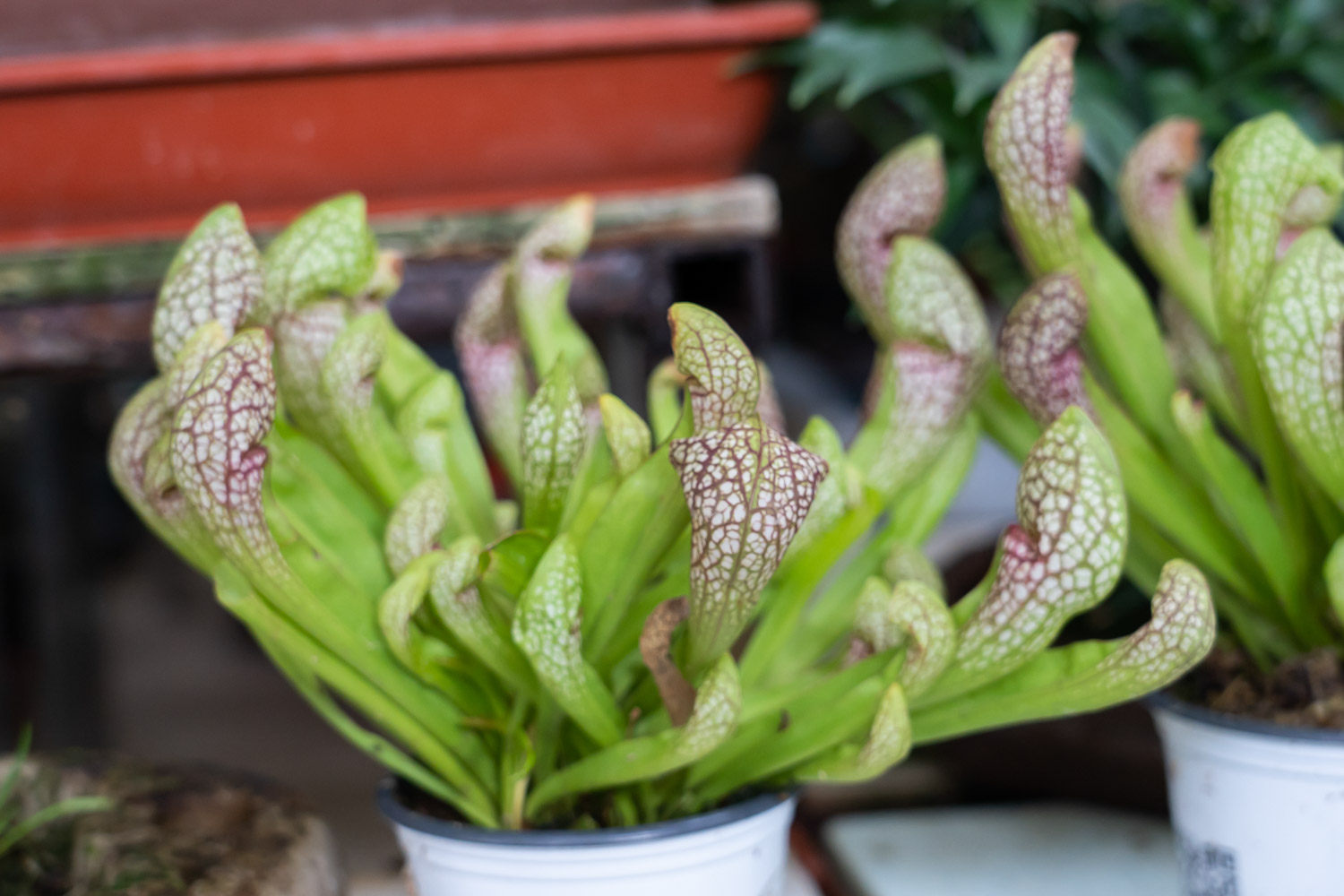
3. Light: flickering light can lead to death. If the light is insufficient, its color will turn green. It needs shade in summer, and the light can be appropriately reduced in winter. However, it is necessary to maintain warm light during spring and winter
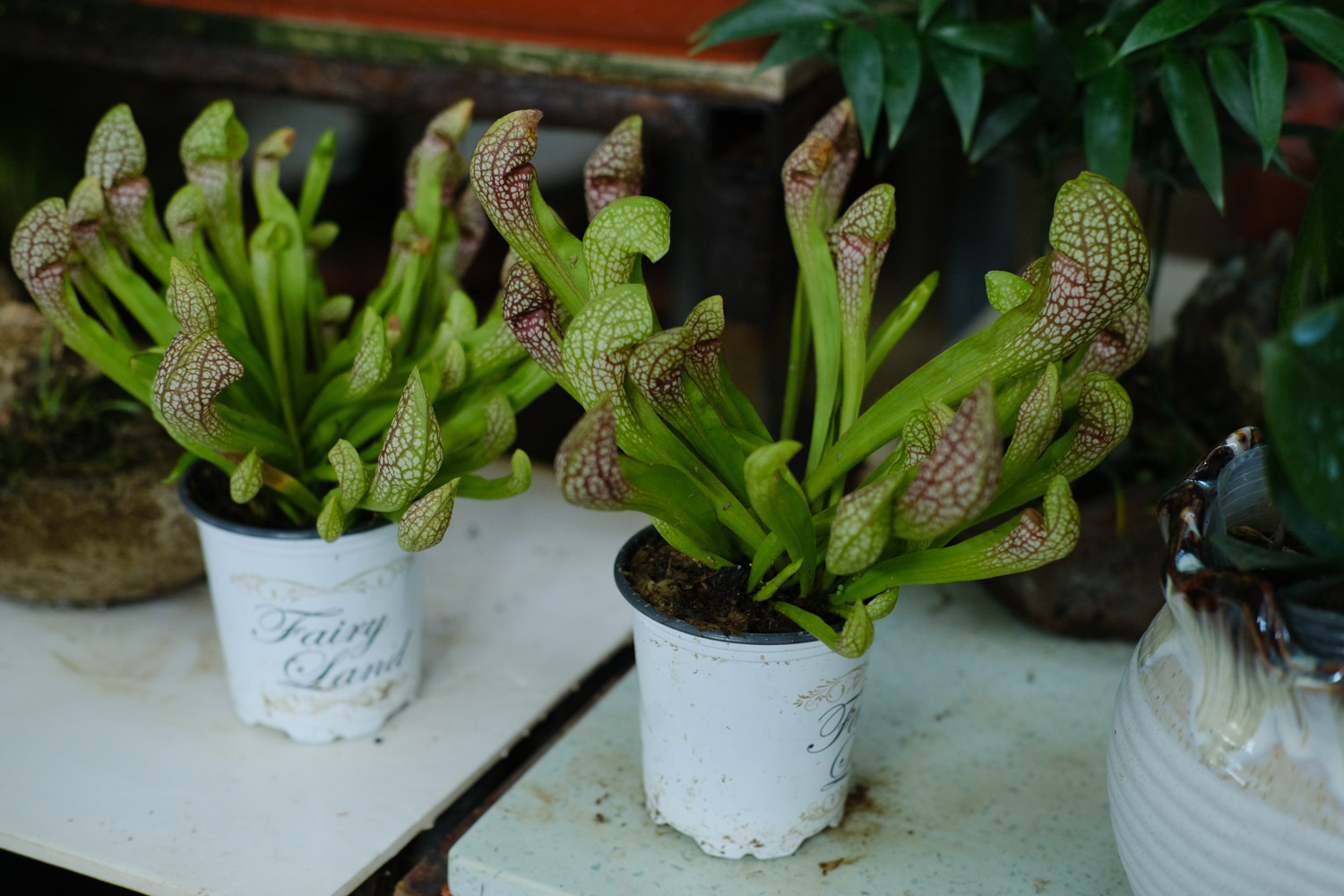
4. Fertilization: nitrogen fertilizer can be applied during the growth period to increase the growth rate. It can be applied almost every half a month. At the same time, in order to achieve nutritional balance, it also needs to be combined with phosphorus and potassium fertilizer
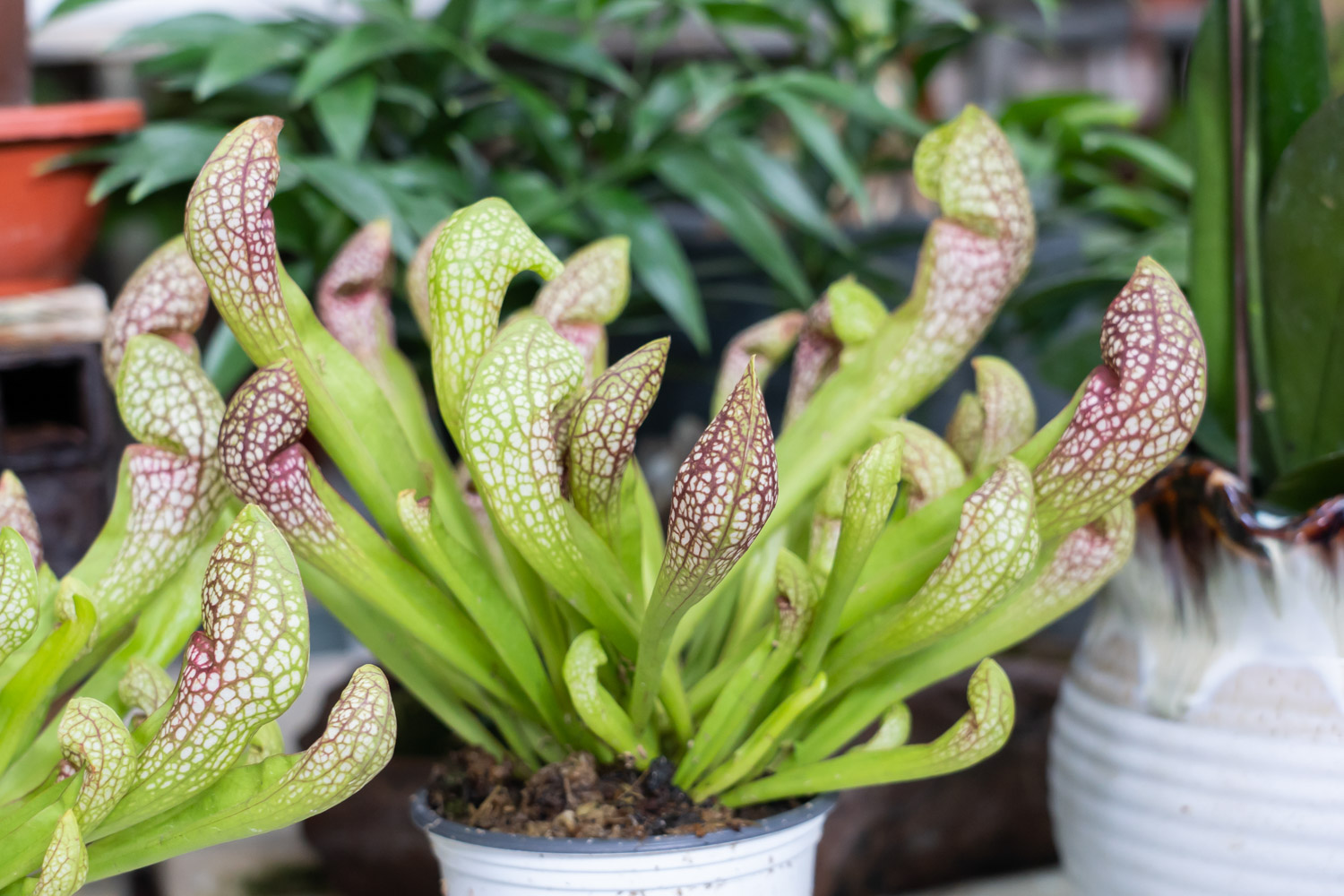
2、 Breeding skills
1. Propagation: cutting and branching are two important ways. Cutting can cut leaves without diseases and directly insert them into flower pots to keep the soil moist and wait for germination. If the plant is divided, some small plants will grow around it, which can be picked and replanted
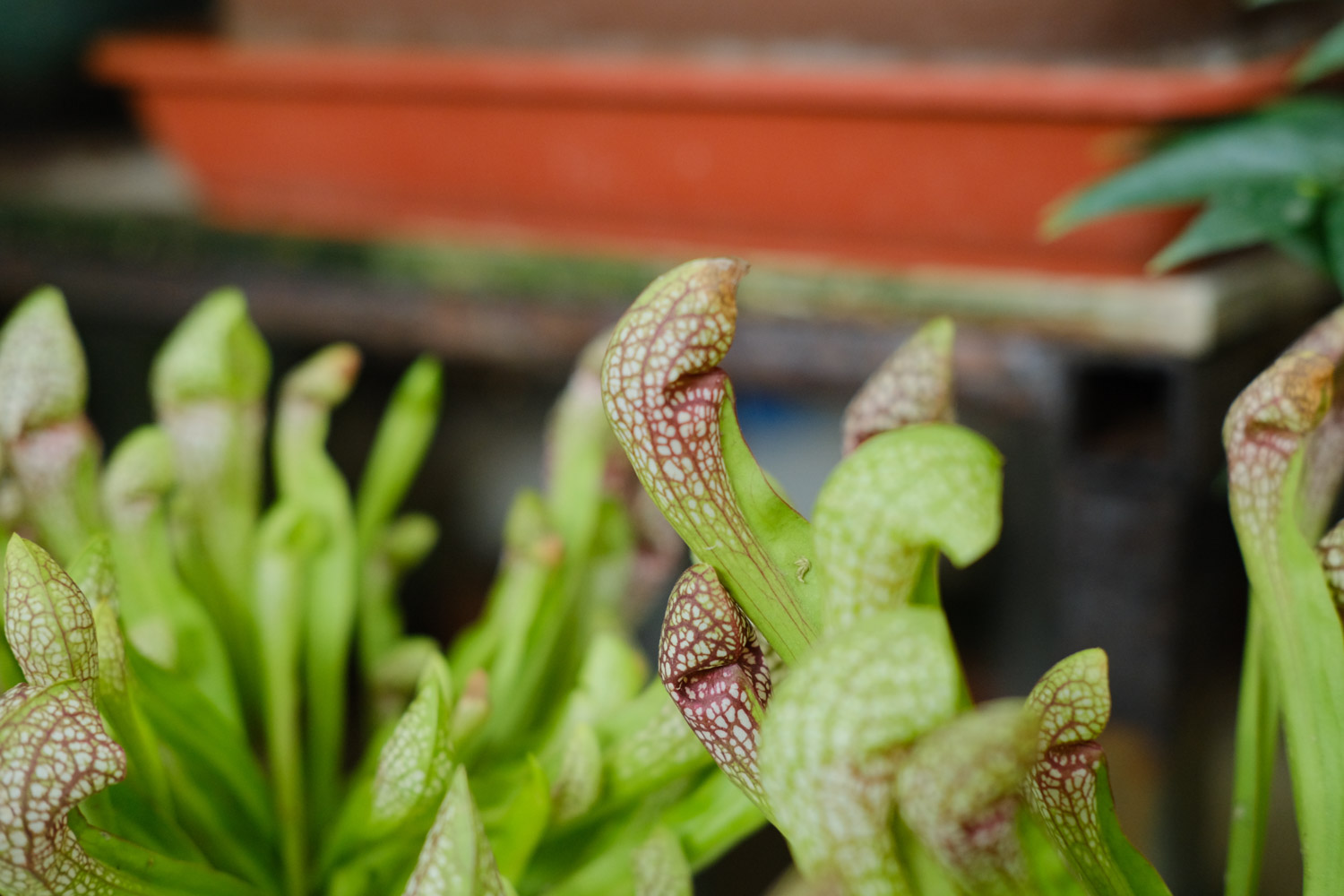
2. Pruning: bottle grass will rot its roots, which will seriously affect its growth, so it needs to be cut off in time, which can effectively prevent infection to other healthy branches and leaves
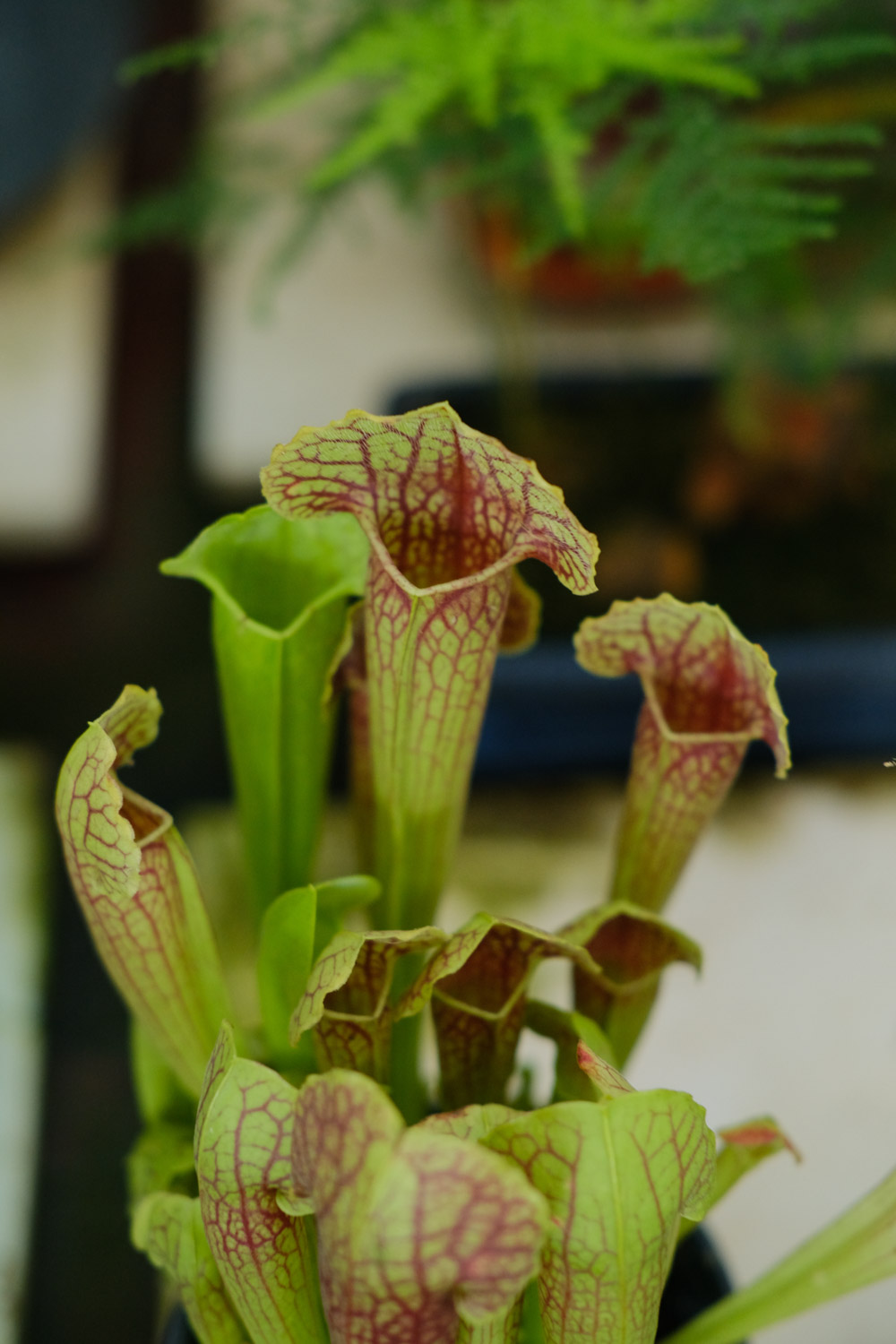
3、 Diagnosis and treatment problems
1. Disease: root rot is caused by excessive watering. Because its root system is developed, but its air permeability is poor, it needs to be controlled with wettable powder
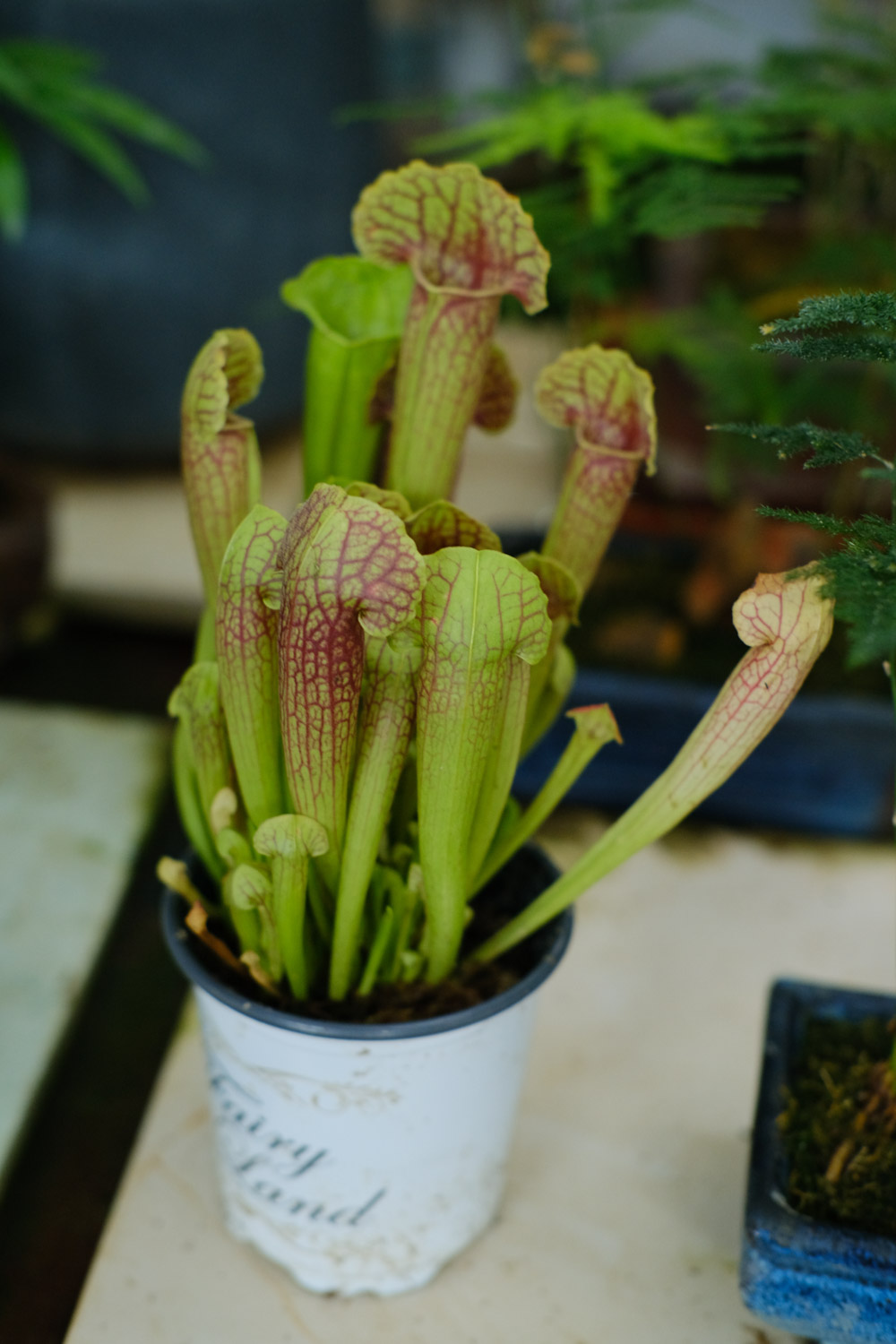
2. Pests: red spider will appear in its bottle and can be diluted with insecticide to eliminate
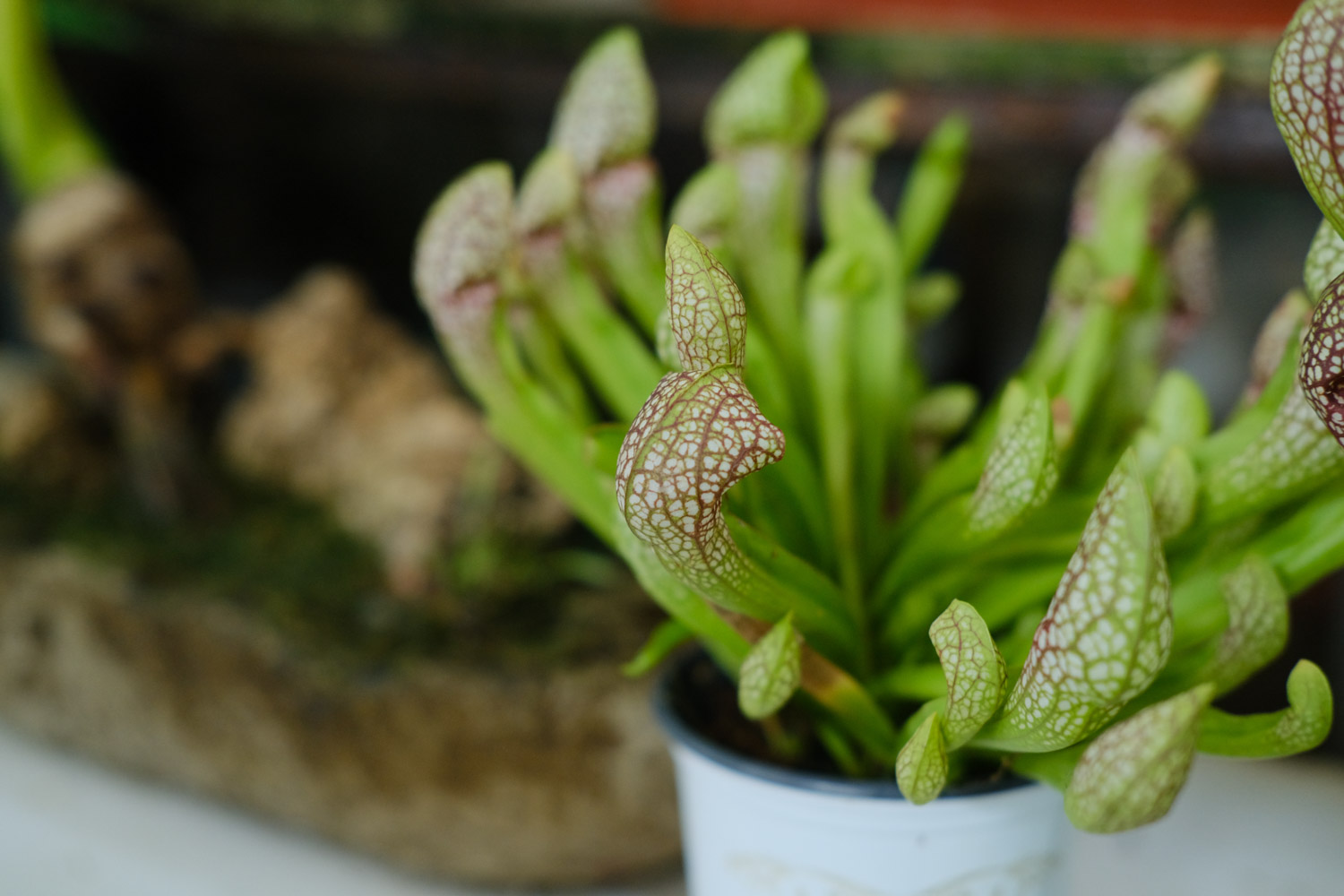
4、 Other issues
1. Toxicity: no toxicity, although the appearance is more prominent among all potted plants, which can be cultured
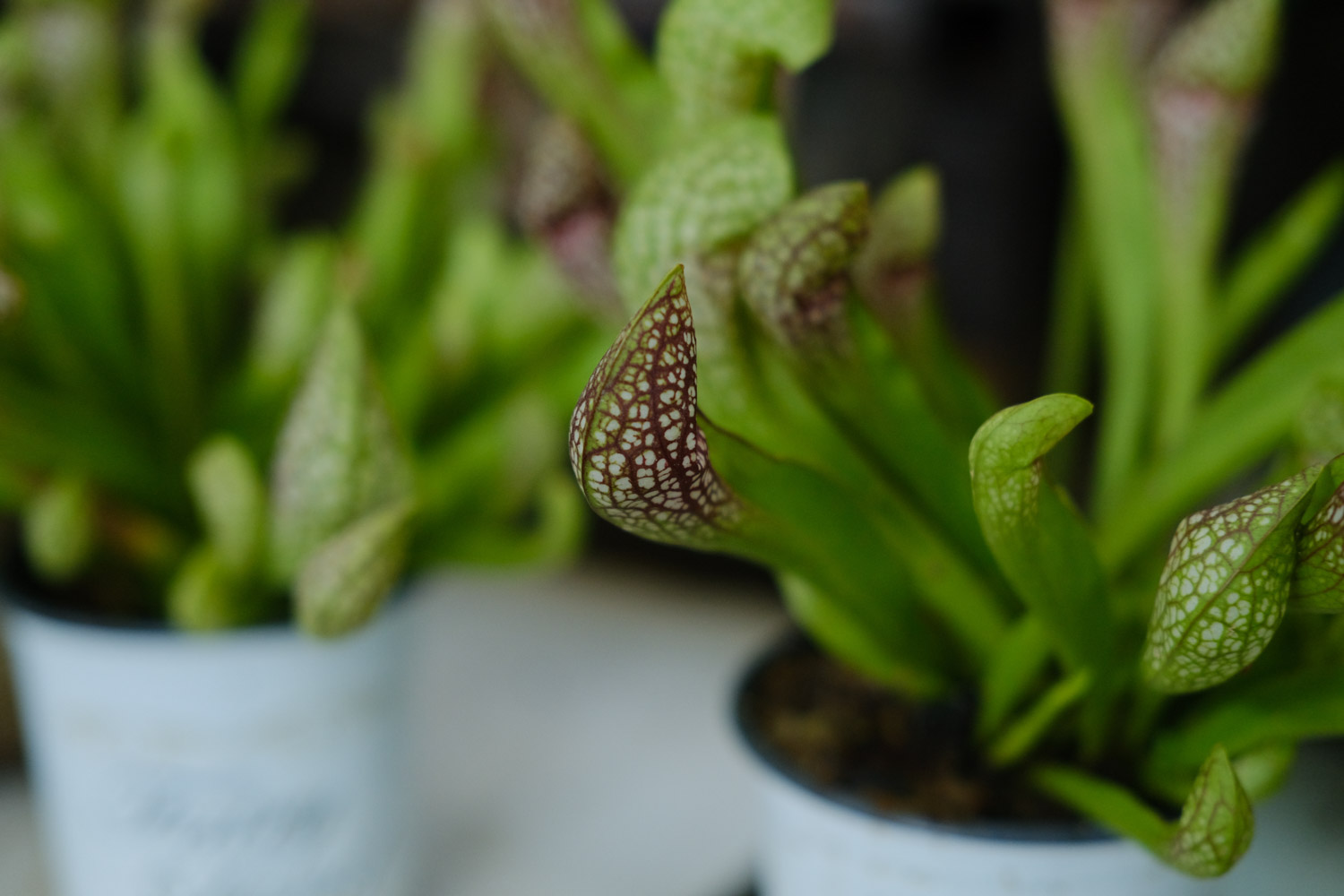
2. Whether you can raise it at home: absolutely, but you should pay attention not to be directly exposed to strong light, and you can't put it directly on the balcony in summer
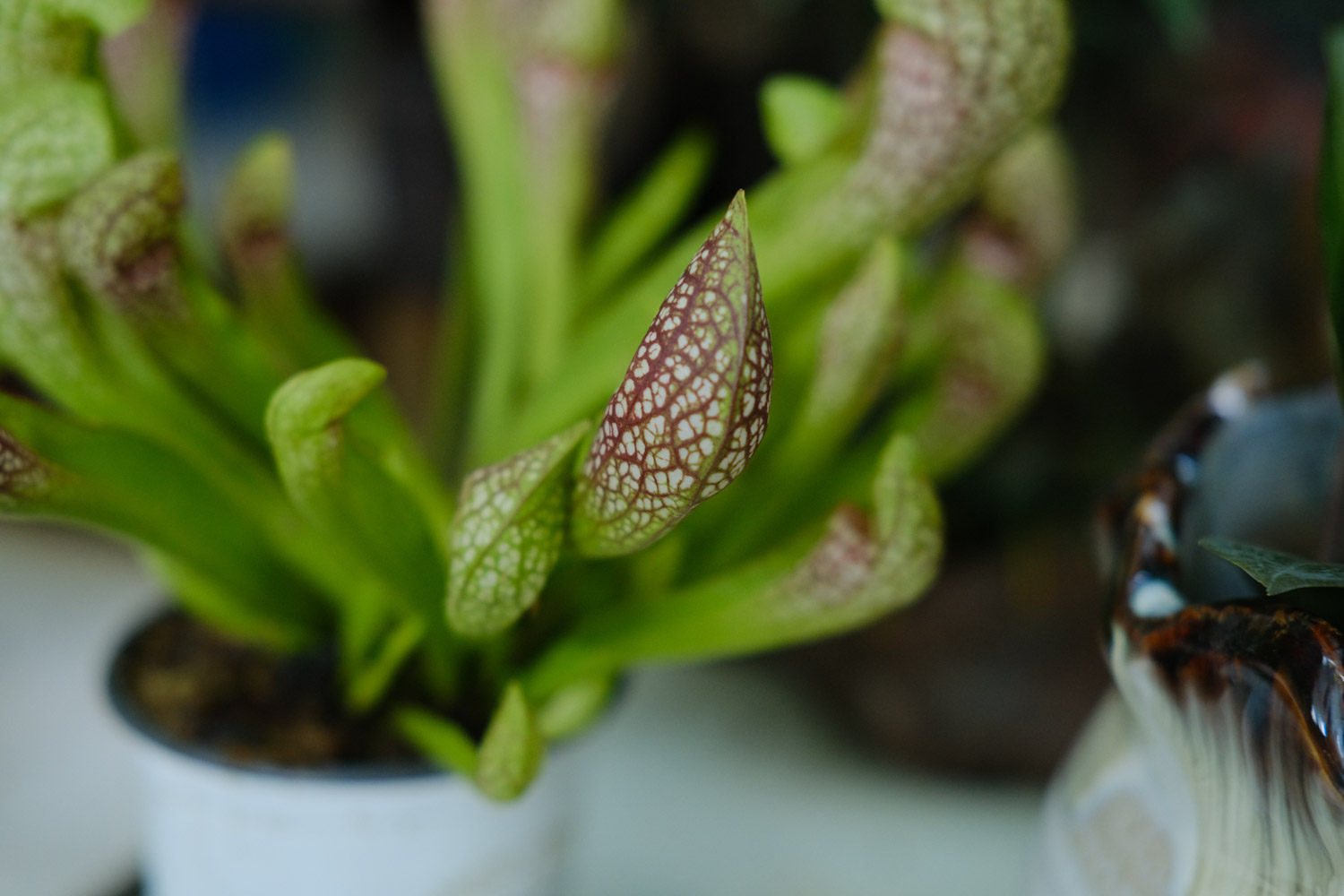

 jackfruit
jackfruit snake plant
snake plant hibiscus
hibiscus hydrangea
hydrangea lavender
lavender Green roses climb al...
Green roses climb al... If you don't pay att...
If you don't pay att... Management of four g...
Management of four g...
